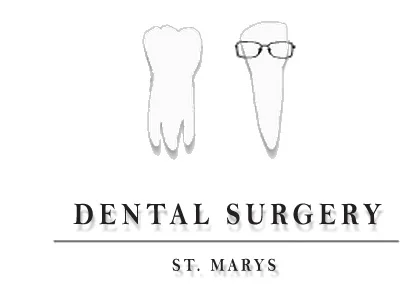A question we often encounter from patients is ‘which is best, dental implants or a denture?’. This question is loaded with so many different factors to consider, but we will go through the common ones in this blog.
Dentures:
A denture, whether it be a partial or complete one, is a prosthetic device which is designed to replace anything missing, from a singe tooth to all of a patients teeth. It can be made of acrylic, cobalt chrome, a thermoplastic nylon or a combination of these. It is removable, and needs to be taken out of the mouth to be cleaned and maintained.
A staple for many years and even today, dentures have the main benefit of being cost efficient when replacing multiple missing teeth, and requiring little to no drilling of the existing teeth (in the case of a partial denture). The main cons of a denture are the added bulk of the base which the denture teeth are attached to, the removable aspect means constant removing and placing back in, retainers (‘hooks’) to hold in the denture may be visible, and the possibility of losing /breaking them when not in the mouth. With full dentures, the lower complete denture is well known to be hard to manage initially, and is always loose and moving.
Implants:
A dental implant is technically just the titanium fixture ( ‘screw’ ) that is surgically placed into the bone of where a tooth used to exist. When used to replace a single tooth, the attached tooth to the implant is called an ‘implant crown’.
If multiple implants are placed, and a row of teeth are made to attach to these, this is called an ‘implant bridge’. The popular ‘all on 4’ procedure uses 4 implants to which a long bridge of teeth (the entire row) is attached to.
Implant crowns and bridges are fantastic substitutes for real teeth, as they are fixed into the mouth, do not require work to be done on neighbouring teeth, do not add any bulk and basically feel like a natural tooth. The main drawbacks of implants for some people is cost (especially if requiring multiple implants), the surgery itself and the time taken to complete a case,
Implants can also be used to help hold a denture in place. Instead of a tooth being attached to the implant, components that ‘click’ together can be put onto the implant and denture to help hold it in place. This is done on partial dentures where existing teeth aren’t sufficient to hold it in place, or in complete dentures (especially lower dentures) where there is nothing for the denture to grip onto.
So which is right for you?
It all depends! There is no right or wrong answer, and depending on your circumstances and clinical assessment some options may be more suited. A discussion with your friendly dentist is a good first step in establishing which options are actually viable for you individually and the fine details involved.
